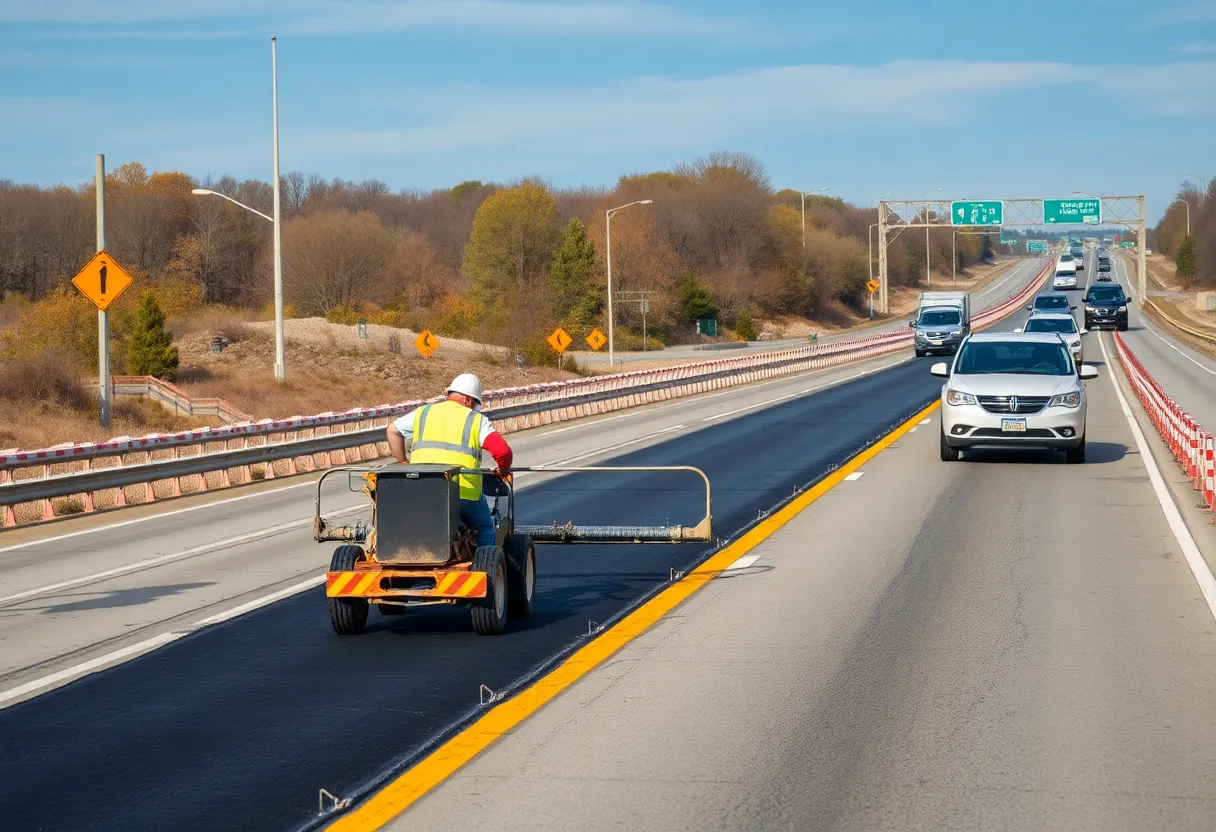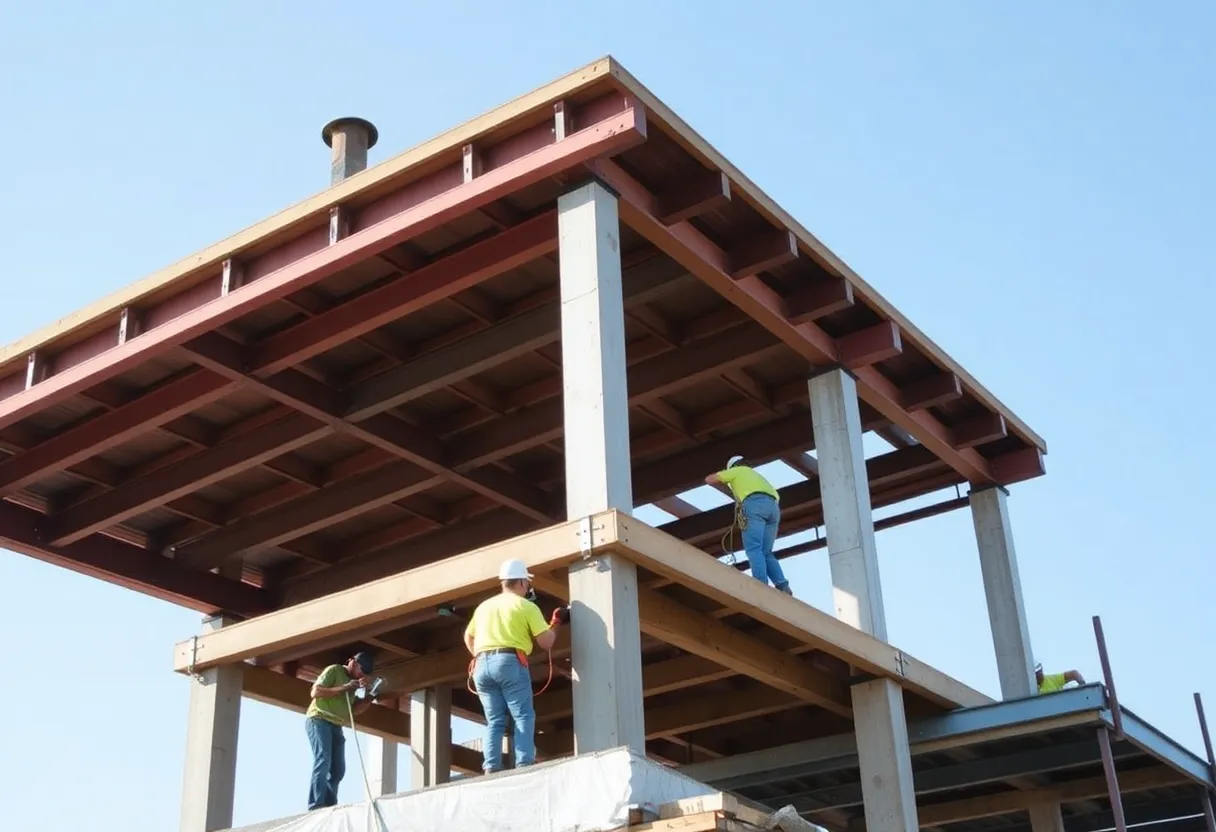Undisclosed, August 21, 2025
News Summary
FieldAI announced $405 million raised across two rounds, including a $315 million tranche, driving its valuation to about $2 billion. The company develops Field Foundation Models (FFMs) that enable robots to operate without maps, GPS, or pre-defined travel paths, cutting deployment time and cost. FFMs are hardware-agnostic and run on humanoids, autonomous vehicles and other platforms. Training mixes real customer-site data with synthetic data from thousands of simulations. Early deployments focus on monitoring, surveying and inspections. The new funding will accelerate engineering, global expansion and hiring to roughly triple headcount as FieldAI scales commercial operations.
FieldAI Raises $405M, Values at $2 Billion as It Scales Mapless Robot Autonomy
Funding and valuation
FieldAI, a company that builds artificial intelligence software for robots, has raised a total of $405 million across two funding rounds. The largest single infusion was a $315 million round that closed earlier this month and was led by a group of major investors. With the new capital, the company’s valuation has climbed to about $2 billion, up from roughly $500 million a year ago.
What the company does
FieldAI develops a software platform that helps robots navigate and work in tough, changing places such as active construction sites and industrial plants. At the core of the platform are what the company calls Field Foundation Models (FFMs), a set of AI systems built to run on different robot types without heavy customization.
These models are designed to operate without traditional aids that many autonomy systems rely on. FieldAI says its FFMs can work without maps, without GPS, and without user-defined travel paths, which cuts the time and cost typically needed to prepare a new site for robots. The company reports that customers have already deployed the platform in hundreds of industrial environments.
How the tech is trained and tested
FieldAI trains its models using a mix of real-world data collected from customer sites and synthetic data. The synthetic data is produced by thousands of robot simulations run on an open-source simulation tool. The company also says its software can estimate its own decision confidence to reduce navigation errors and can be configured so robots avoid making high-risk decisions.
Hardware and deployment
The platform is built to be hardware-agnostic and is reported to run on humanoid robots, autonomous vehicles and other systems straight out of the box. That flexibility allows companies to choose lower-cost machines rather than being tied to a single integrated robot vendor. Multiple FieldAI-powered robots can be put to work in the same facility and set up to coordinate tasks.
Use cases in construction and industry
Early deployments have focused on monitoring and surveying tasks. For example, real-estate and construction teams can use the robots to check that work matches blueprints, and factory operators can send them to inspect production equipment. The company plans to expand capabilities over time to support more complex operations beyond monitoring and surveying.
People, hiring and expansion
The company plans to use the new funds to double its headcount with hiring aimed at accelerating engineering work and growing international operations. The leadership reports a goal to scale from about 30 employees late last year to roughly 100 as the business expands and supports multi-million-dollar contracts across multiple regions.
Investors and backers
The recent financing included major named investors and venture arms from several large technology firms. Backers in the company’s investor mix include high-profile investment groups and the venture capital arms of leading chipmakers. The capital is intended to accelerate product work across areas such as locomotion and manipulation, support global growth, and fund strategic hiring.
Design approach and risk management
The company emphasizes building autonomy systems that are risk-aware by design, integrating physics-based and other safety-minded models so robots can assess and manage risk in unpredictable, cluttered and changing environments. This approach is meant to reduce the need to tailor separate autonomy packages for different robot types and to make deployment faster and less costly.
Key technical notes
- Field Foundation Models (FFMs) are designed to be embodiment-agnostic autonomy brains.
- Training combines real site data and synthetic data from thousands of simulations.
- Simulations are powered by a well-known open-source robotics lab tool.
- Systems estimate decision confidence to lower navigation error risk and can block high-risk actions.
- Software is reported to run on varied hardware, including humanoids and autonomous vehicles.
FAQ
What did FieldAI raise and what is the company worth now?
FieldAI raised $405 million across two rounds. The largest tranche was $315 million that closed this month. The company’s valuation is now about $2 billion.
What are Field Foundation Models?
Field Foundation Models, or FFMs, are the company’s AI systems built to give robots a common autonomy layer that works across many machine types and in changing environments.
Do the robots need maps or GPS?
The company says its platform can operate without maps and without GPS, reducing the time and cost to deploy robots in fast-changing sites like construction areas.
How are the models trained?
Models are trained with actual data collected from customer sites plus synthetic data generated from thousands of robot simulations run in a popular open simulation environment.
How will the new funding be used?
The funds will be used to hire more engineers and other staff, expand international operations, and accelerate product development in key technical areas.
Key features at a glance
| Feature | What it means |
|---|---|
| Funding | $405M total raised; largest tranche $315M closed recently. |
| Valuation | About $2B, up from ~$500M a year prior. |
| Core product | Field Foundation Models (FFMs) for robot autonomy across hardware types. |
| Mapless operation | Designed to work without maps, GPS, or pre-set travel paths. |
| Training data | Mix of real customer-site data and synthetic data from thousands of simulations. |
| Deployment | Used in hundreds of industrial sites for monitoring, surveying, and inspections. |
| Hiring plan | Planned to double headcount by year-end to accelerate engineering and global expansion. |
Deeper Dive: News & Info About This Topic
Additional Resources
- Reuters: FieldAI funding report
- Wikipedia: FieldAI
- Tech in Asia: FieldAI raises $405M
- Google Search: FieldAI
- Finsmes: FieldAI raises over $400M
- Google Scholar: FieldAI
- MSN: Robotics startup FieldAI backed by Gates and Bezos
- Encyclopedia Britannica: FieldAI
- TipRanks: NVIDIA-backed FieldAI funding drive
- Google News: FieldAI
Author: Construction FL News
The FLORIDA STAFF WRITER represents the experienced team at constructionflnews.com, your go-to source for actionable local news and information in Florida and beyond. Specializing in "news you can use," we cover essential topics like product reviews for personal and business needs, local business directories, politics, real estate trends, neighborhood insights, and state news affecting the area—with deep expertise drawn from years of dedicated reporting and strong community input, including local press releases and business updates. We deliver top reporting on high-value events such as the Florida Build Expo, major infrastructure projects, and advancements in construction technology showcases. Our coverage extends to key organizations like the Associated Builders and Contractors of Florida and the Florida Home Builders Association, plus leading businesses in construction and legal services that power the local economy such as CMiC Global and Shutts & Bowen LLP. As part of the broader network, including constructioncanews.com, constructionnynews.com, and constructiontxnews.com, we provide comprehensive, credible insights into the dynamic construction landscape across multiple states.





